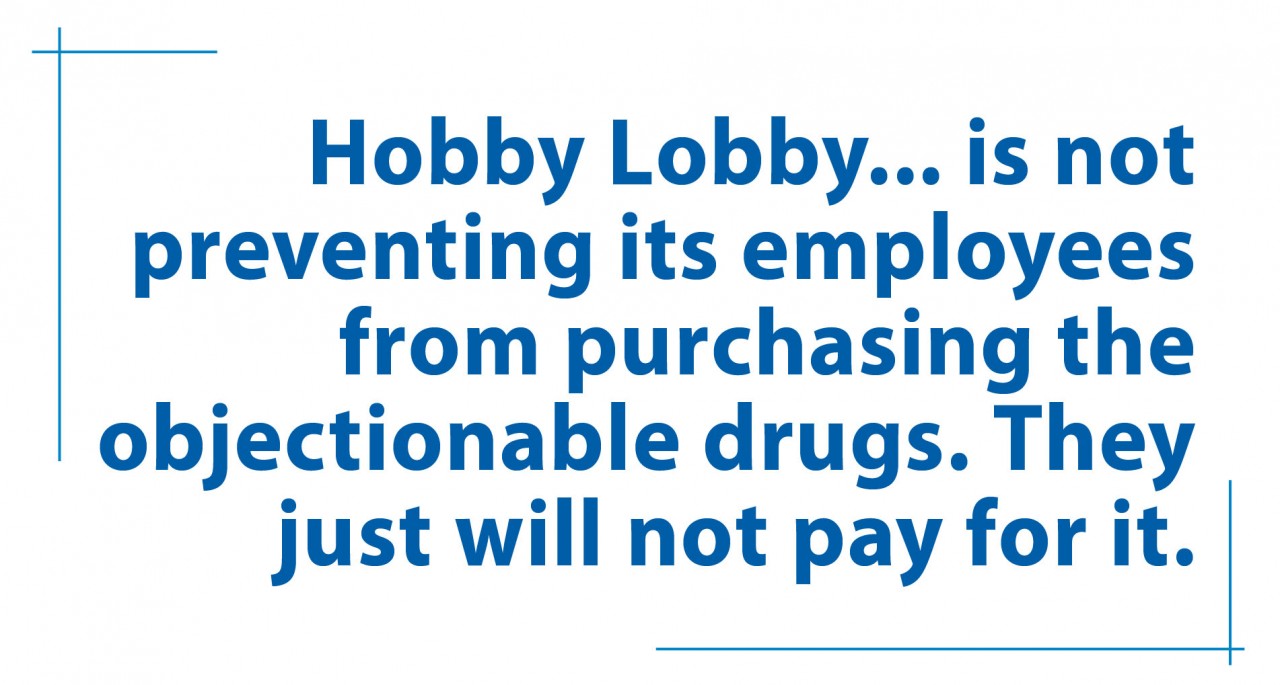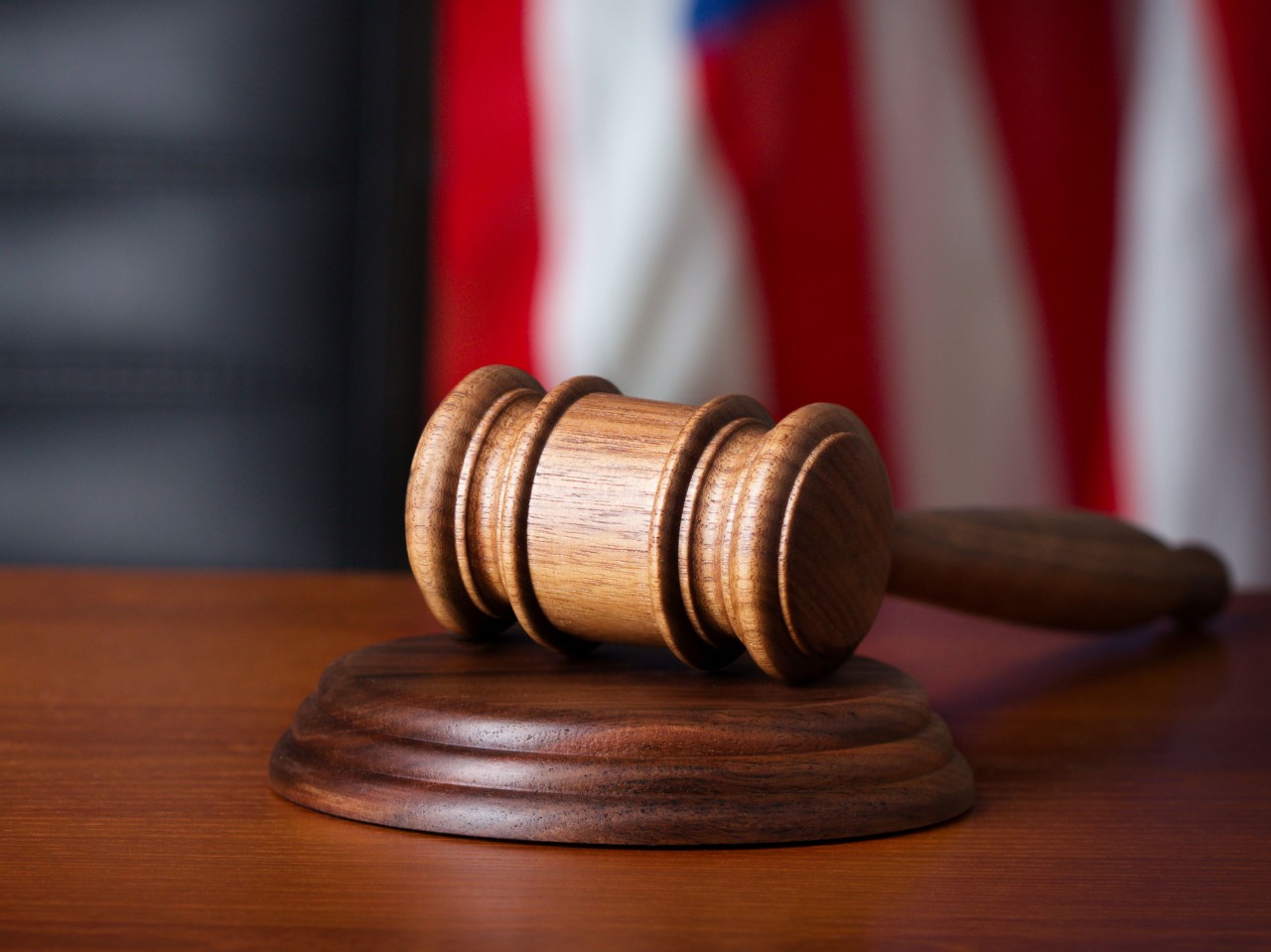On Nov. 26, the Supreme Court of the United States (SCOTUS) announced it will hear a potentially landmark case in 2014, one that has major implications for Christians everywhere.
To be specific, the SCOTUS will take up Sebelius v. Hobby Lobby Stores Inc., which ”will decide if the federal government can enforce an abortion/contraception mandate against business owners who conscientiously object.”
A quick synopsis of the issue at hand relates to a mandate in the Affordable Care Act, known as “Obamacare,” that would require employers to pay for contraceptives and potentially abortion-inducing drugs, which Hobby Lobby’s owners say violates their religious views.
 According to a website produced by the Green family (www.hobbylobbycase.com), “The legal challenge by the Greens and their family businesses, including Hobby Lobby Stores Inc., has always been about one thing: upholding deeply held religious convictions lived out by compassionate family business owners— and protected by the law of the
According to a website produced by the Green family (www.hobbylobbycase.com), “The legal challenge by the Greens and their family businesses, including Hobby Lobby Stores Inc., has always been about one thing: upholding deeply held religious convictions lived out by compassionate family business owners— and protected by the law of the
land. The Greens’ and their family businesses’ court challenge is based on the fact that four specific drugs and devices potentially terminate life.”
The country continues to be divided on the legal status of abortion and abortion-inducing drugs, but what is at stake here is religious liberty. The First Amendment of the U.S. Constitution guarantees the right to religious liberty and the free exercise thereof.
Critics of Hobby Lobby argue that a corporation cannot have a religion, and that the owners’ faith should not affect its employees. Hobby Lobby, however, is not preventing its employees from purchasing the objectionable drugs. They just will not pay for it.
While critics of Hobby Lobby would want you to think the company is the aggressor, the real aggressor here is an overreaching Federal Government
The crux of this case lies in the meaning of the “free exercise” of religion. In other words, is our religion—our faith—something only for Sundays and the privacy of our home? Or rather, does our Christian faith have implications into our everyday lives?
Yet, this case is not just about Christians. It is about the very freedom of all religions to practice their faith, so long as they harm no one else. Hobby Lobby’s owners believe that every business owner has the right to operate their companies by the dictates of conscience, and therefore, they are speaking out.
While there is no comparison between the atrocities of the Third Reich in Germany and what we face today, there is an oft-quoted poem from the time attributed to Lutheran pastor Martin Niemöller, who felt remorse for not speaking up to defend the rights of others, that could give us wisdom here.
“First they came for the Communists, and I didn’t speak out because I wasn’t a Communist. Then they came for the Socialists, and I didn’t speak out because I wasn’t a Socialist. Then they came for the trade unionists, and I didn’t speak out because I wasn’t a trade unionist. Then they came for me, and there was no one left to speak for me.”
Whether or not you like to shop at Hobby Lobby or appreciate the Green family, you should pray the SCOTUS will make a wise ruling here. The stakes are no less than the future of religious liberty in America. Not only their religious liberty, but our religious liberty—your religious liberty.





